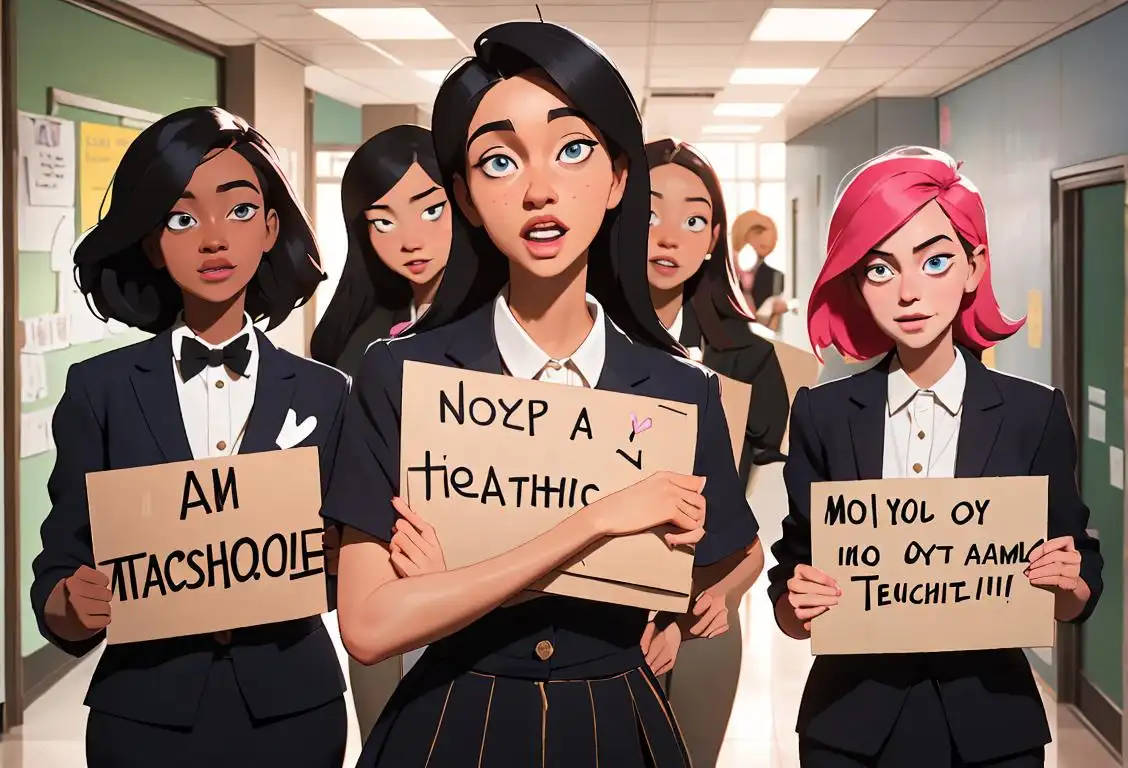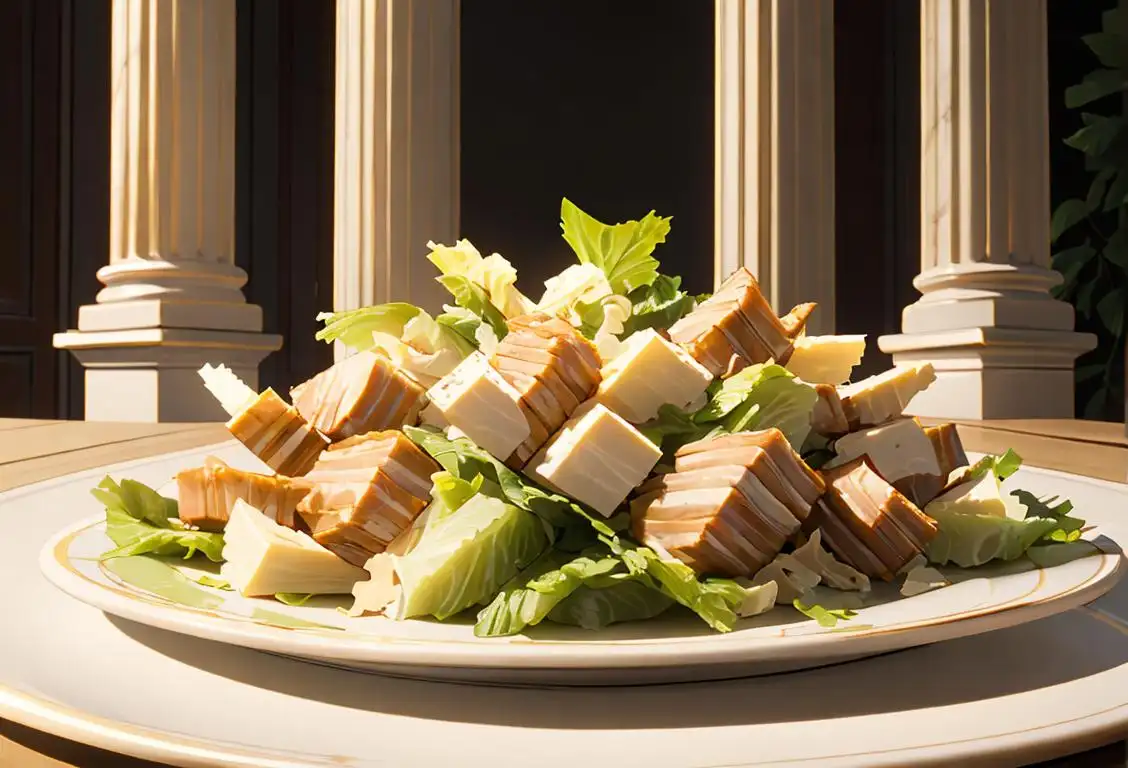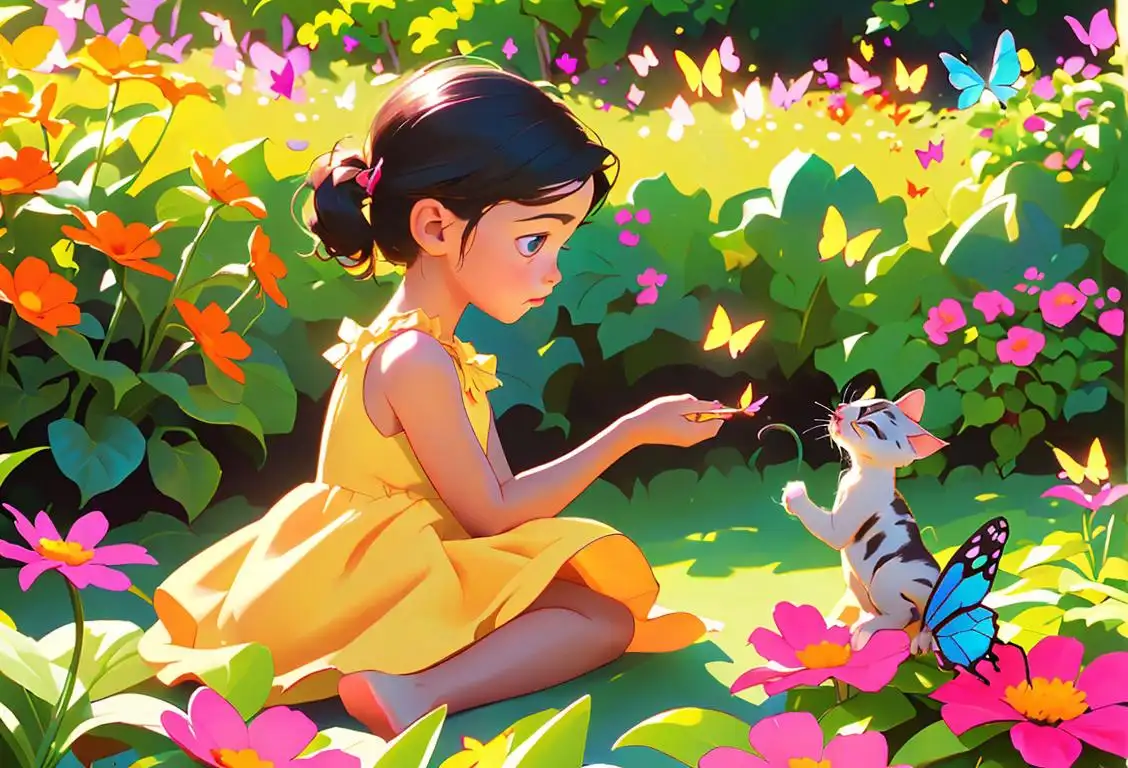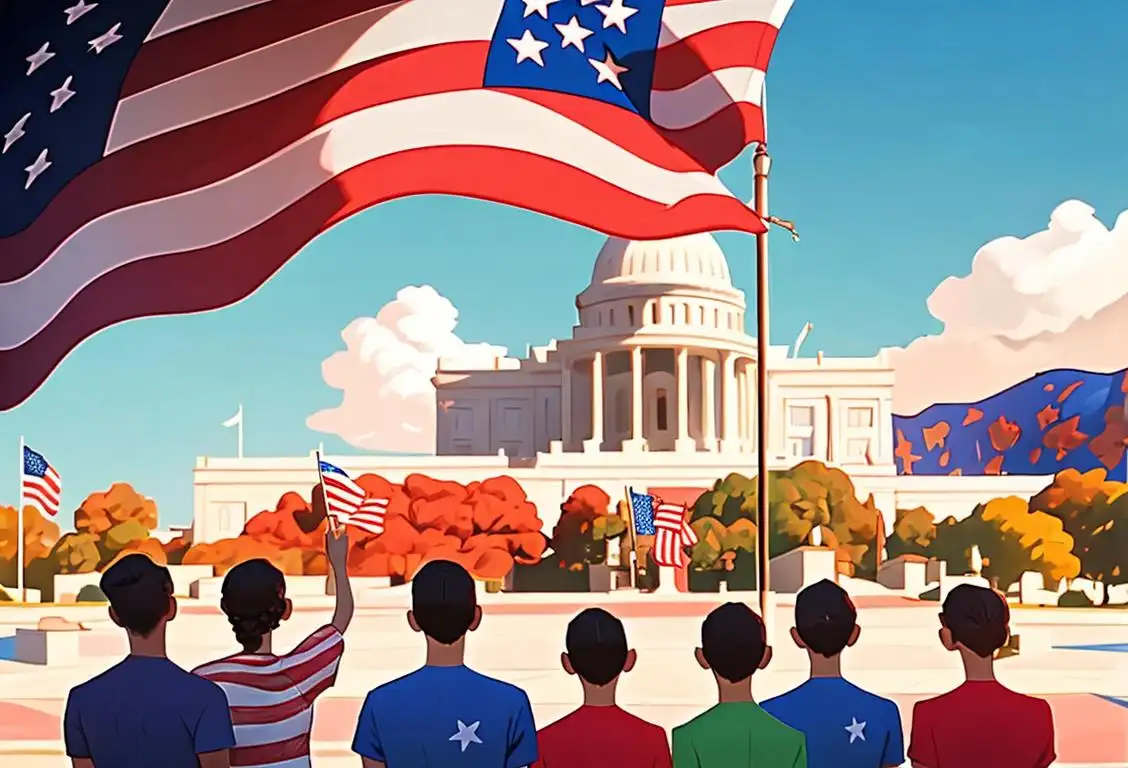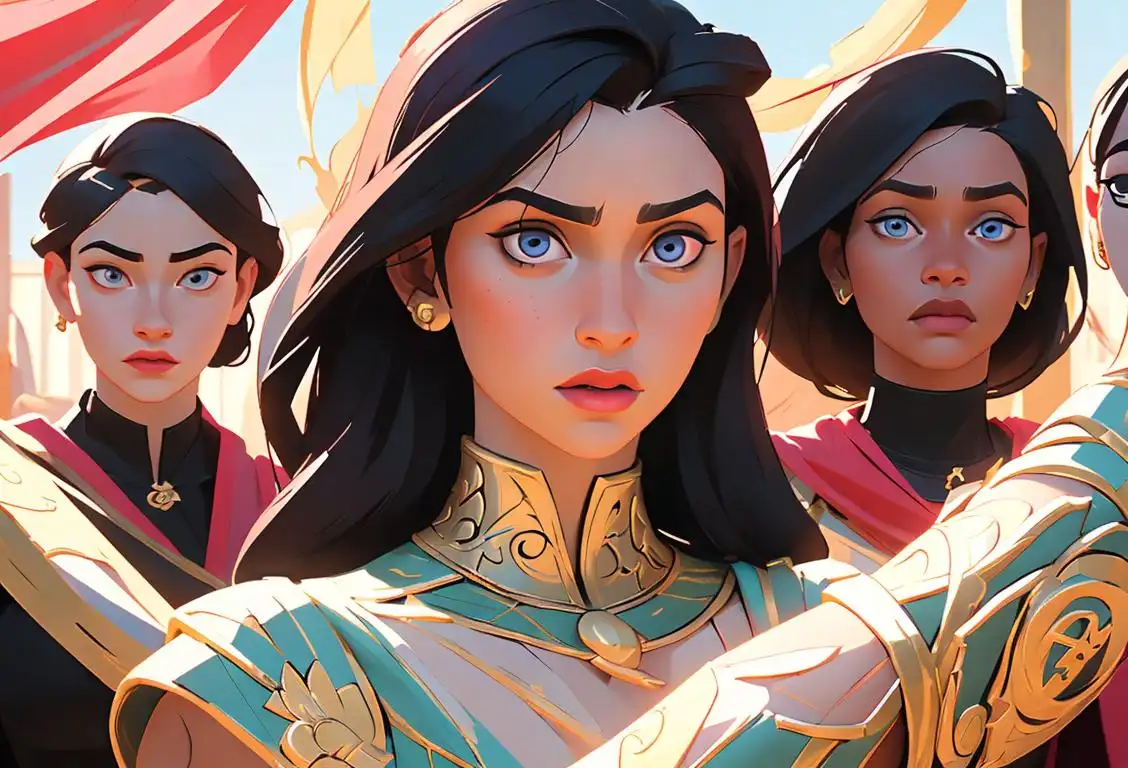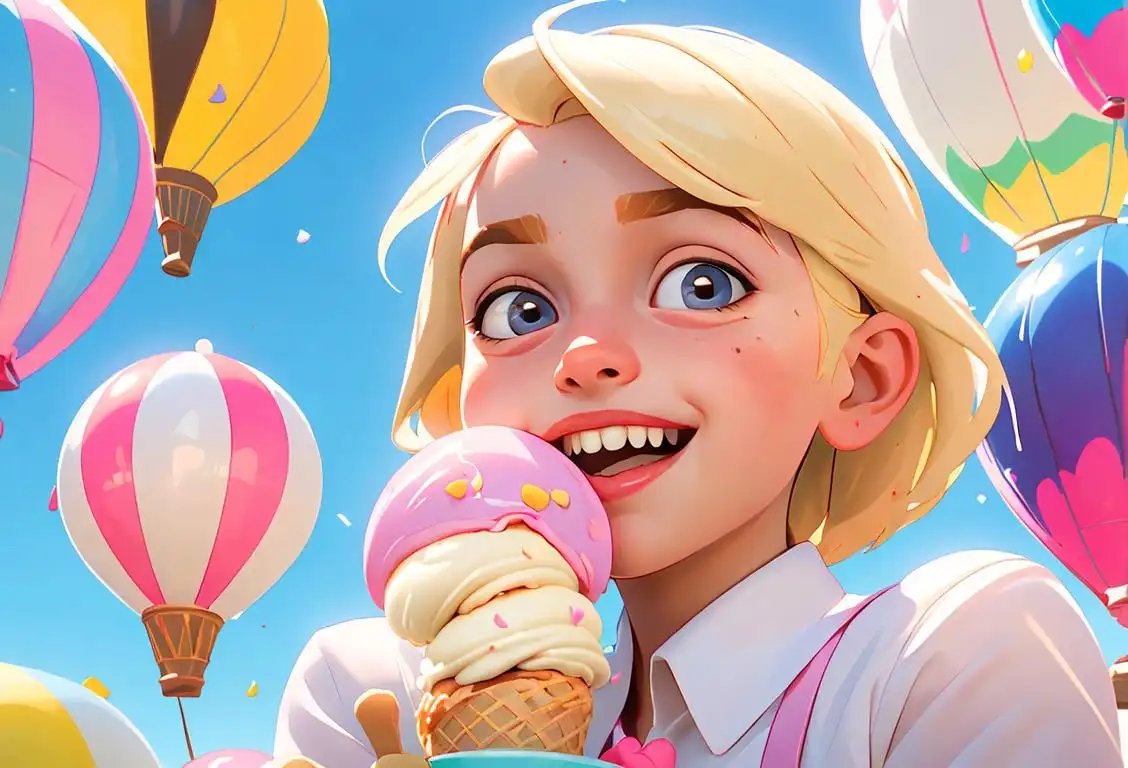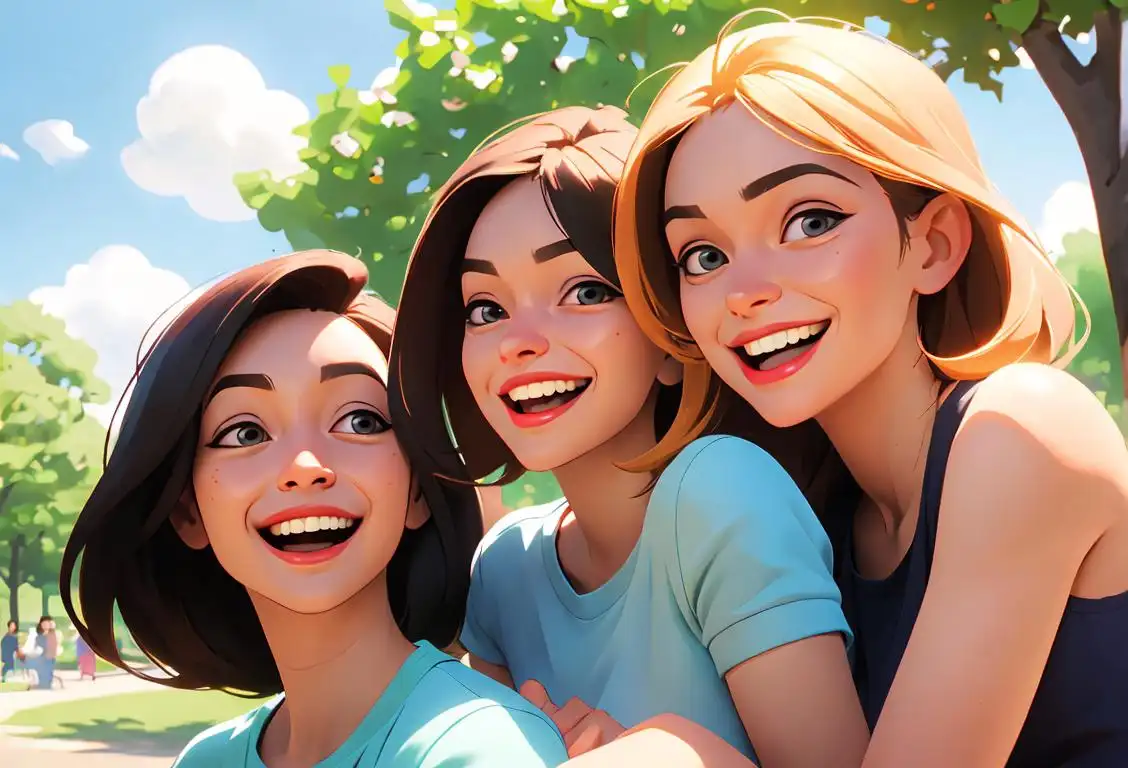National Anime Day
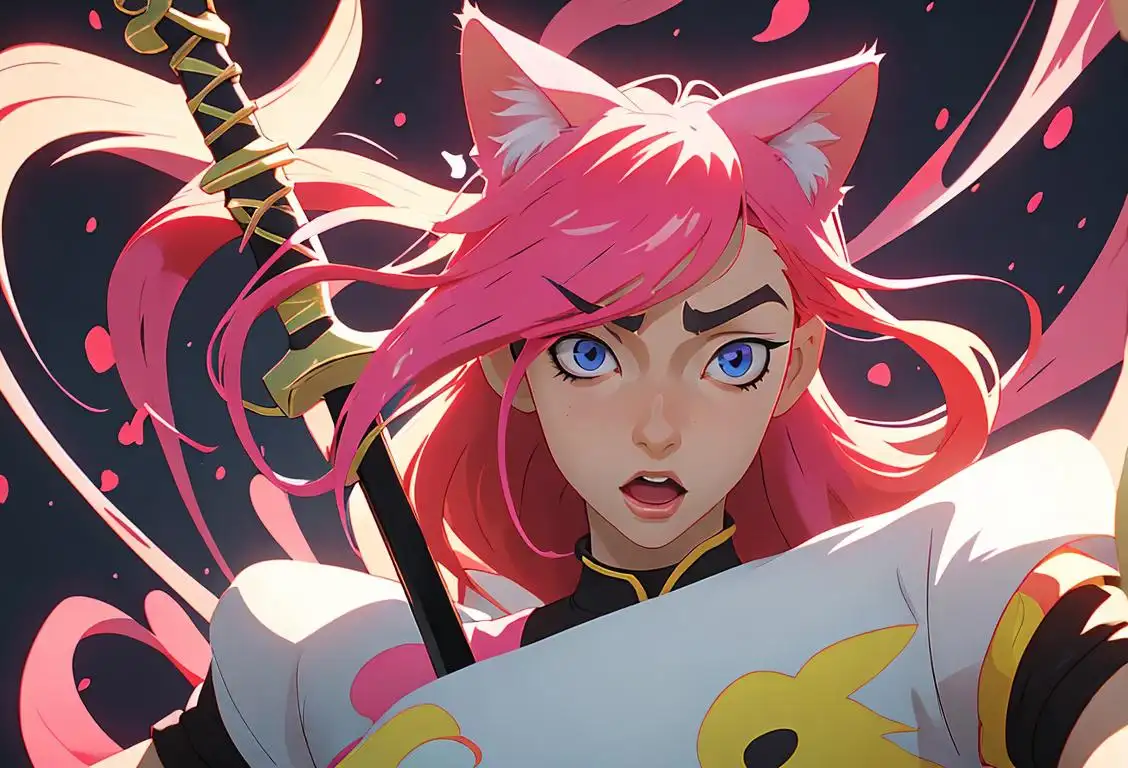
Ever found yourself captivated by the vivid colors, intricate storylines, and unique characters of anime? If your answer is 'yes', then mark your calendars, pull up those cozy socks, and grab a hot ramen bowl as we have some exciting news for you! It's time to honor those bewitching eyes and exaggerated hairstyles, because National Anime Day is on the horizon. So, buckle up for a one-of-a-kind journey into the world of this globally treasured Japanese animation form!
When is Anime Day?
It's national anime day on the 16th April.
History of National Anime Day
Ohayo! (That’s ‘Good Morning’ in Japanese)! Let's embark on a delightful journey to understand the origin of National Anime Day. Interestingly, this day is a relative newcomer to the calendar of national days. Though it isn't an 'official' official day recognized by any government bodies, there's no denying twenty-four hours of unquestionable adoration by fans globally. With a whopping 31858 mentions detected online so far, the anime fandom isn't going to let minor details like 'official' recognition stop them from celebrating.
When is National Anime Day?
If you are as excited as Totoro on a Catbus ride, mark the calendar on April 15th. With the peak mentions recorded on April 16th, 2020, it's safe to say that the day is gaining quick popularity. From learning Japanese phrases to crafting your own manga, the possibilities of celebration are endless and magical, much like the characters we adore.
How to Celebrate?
How about hosting a spirited away night with your friend? Or better still, turning the day into a ramen and chill scene? Binge-watching your favorite series, dressing up as your favorite character, or simply appreciating the art form, the ways to celebrate National Anime Day are as diverse as a cast of unique anime characters. Regardless of whether you're Team Naruto or Team One Piece, this is a day to unite all anime lovers!
History behind the term 'Anime'
1917
The Birth of Anime
The term 'anime' has its roots in the early 20th century, specifically in 1917 when the first Japanese animated film, 'Namakura Gatana,' was released. Although this silent black and white film was simplistic, it marked the beginning of a new art form in Japan. The word 'anime' is derived from the English word 'animation,' which was commonly used in Japan at the time to refer to any form of animation from around the world.
1960s
The Rise of Television Anime
During the 1960s, anime started gaining popularity in Japan with the emergence of television anime series. One of the most significant examples was 'Astro Boy' (known as 'Tetsuwan Atom' in Japan), which aired in 1963. Created by Osamu Tezuka, this show revolutionized the anime industry and set the stage for many future anime series. It featured complex characters, compelling storylines, and explored thought-provoking themes, which elevated anime beyond mere entertainment for children.
1970s
The Expansion of Anime Genres
In the 1970s, anime expanded into various genres, catering to a wider audience. One notable genre that gained popularity during this time was mecha, which featured giant robots piloted by humans. Legendary franchises like 'Mobile Suit Gundam' (1979) and 'Super Dimension Fortress Macross' (1982) helped solidify the mecha genre's place in anime history. Additionally, other genres such as sports anime ('Ashita no Joe'/1970) and magical girl anime ('Cutey Honey'/1973) emerged, showcasing the diversity and creative potential of anime storytelling.
1988
The Global Recognition of Anime
In 1988, Studio Ghibli's film 'My Neighbor Totoro' was released, directed by the renowned Hayao Miyazaki. This film, along with other Studio Ghibli productions like 'Grave of the Fireflies' (1988) and 'Princess Mononoke' (1997), played a pivotal role in introducing anime to a global audience. Their artistic quality, unique storytelling, and powerful themes resonated with viewers worldwide, earning critical acclaim and sparking interest in Japanese animation beyond traditional anime enthusiasts.
2000s
The Digital Era of Anime
The 2000s marked a significant shift in the production and distribution of anime. With the advent of digital technology, anime studios began embracing computer-generated imagery (CGI) and digital techniques. This allowed for more intricate and visually stunning animations. Furthermore, the rise of the internet and streaming services like Crunchyroll enabled global fans to access a vast library of anime titles, leading to an exponential increase in popularity and international recognition for the medium.
Present
Anime's Worldwide Influence
Today, anime has become a cultural phenomenon with a massive fan base spanning the globe. It has influenced numerous Western animated series and films, and its impact can be seen in various aspects of pop culture. Anime conventions attract tens of thousands of attendees, cosplay has become a widely recognized hobby, and anime-inspired merchandise generates billions of dollars in revenue annually. The term 'anime' is now firmly embedded in the lexicon of both enthusiasts and casual viewers, representing an art form that continues to captivate and inspire people worldwide.
Did you know?
Did you know that the term 'Anime' isn't originally Japanese? It's actually derived from the English word 'Animation' and is used in Japan to describe all forms of animated media, regardless of national origin!Tagged
Fun Awareness Anime Japanese Culture EntertainmentFirst identified
4th January 2016Most mentioned on
16th April 2020Total mentions
31858Other days
Anime Day
Teachers Day
Caesar Day
Kitten Day
Tattoo Day
Intern Day
Pledge Of Allegiance Day
Womens Day
Vanilla Ice Cream Day
Unfriend Day
